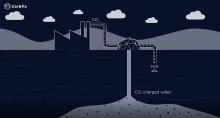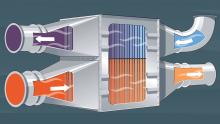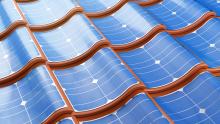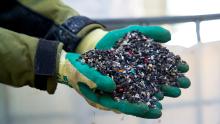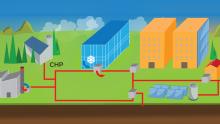
Europe needs new clean energy sources to decarbonise its economy. The EU-funded NPHyCo project assessed the viability of using Europe’s nuclear power plants to generate hydrogen. The project found that the technique is technically feasible and could even be economically viable in the near future.



